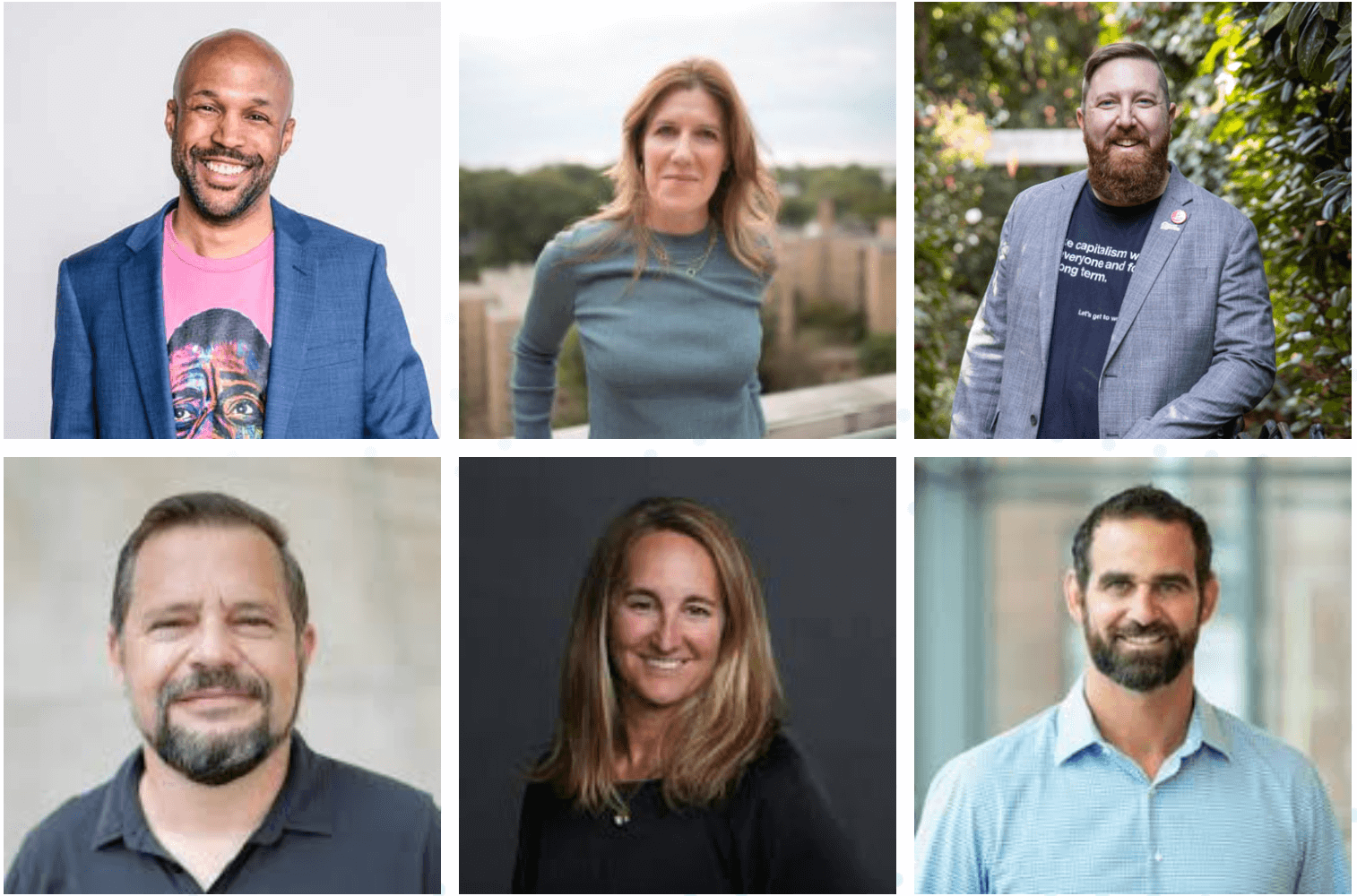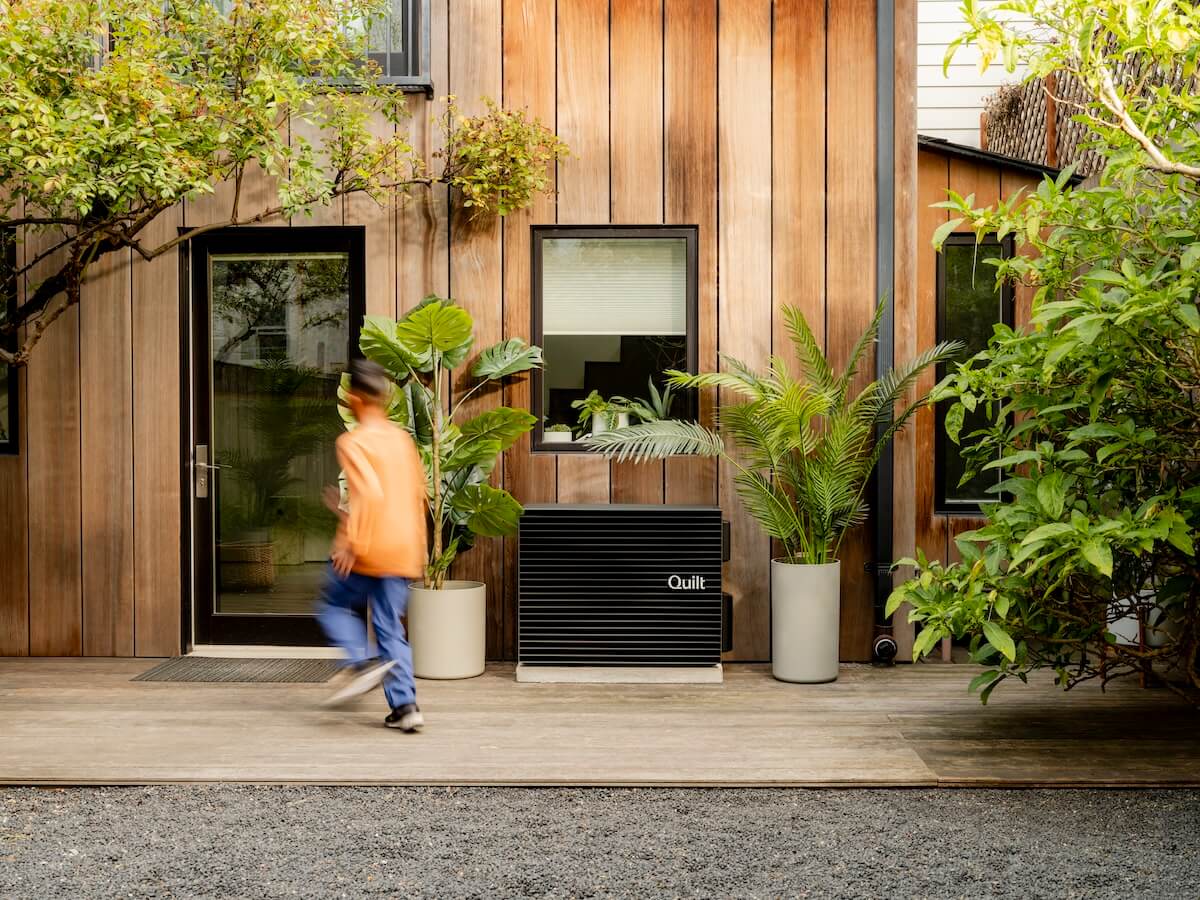Greetings, Agents of Impact!
Agents of Impact Call No. 11: Keeping the faith through impact investing. Faith-based impact investors are moving from alignment to allocation. ImpactAlpha has dug into faith investors’ strategies and performance in our Faith and Investing series. Join us live on The Call tomorrow to dig even deeper with John O’Shaughnessy of the Franciscan Sisters of Mary, Umar Moghul of law firm Roberts Moghul & Partners, and Rabbi Jacob Siegel of the JLens Network, as well as Morgan Stanley’s Jamie Martin, the GIIN’s Giselle Leung and other special Agents of Impact at 10:00am PT / 1pm ET. RSVP today.
Featured: Impact Voices
Getting smart about subsidies to bridge the agricultural financing gap. Financial service providers, juiced with substantial public subsidy, are supplying about $70 billion in loans to rural agricultural households around the world. The Rwanda Farmer Financing Facility, for example, combined public and private financing for a $60 million factory to process food from 10,000 farmers. A local bank provides farmers with working capital while insuring crops against adverse weather events. The facility aims to catalyze commercial capital for agricultural in Rwanda, boosting food production, economic growth and livelihoods for smallholder farmers. Despite such examples, there remains an estimated $170 billion annual financing gap for rural agriculture, or 70%, of the estimated global demand of $240 billion. Subsidies must get smarter.
Smart subsidies can achieve at least three distinct objectives: “buying” long-term impact, subsidizing innovation in the short term and creating capital leverage. In a guest post on ImpactAlpha, agriculture finance experts discuss how to “get smart” about donor objectives, about impact returns and about blending capital. Their aim is to better match capital demand from rural households – for farming as a business, rural services, rural labor, and urban migration – with capital supply from commercial, sub-commercial, or fully philanthropic sources. The research could help service and capital providers “channel the right capital to the right service providers at the right time,” write ISF Advisors’ Matt Shakhovskoy and RAF Learning Lab’s Clara Colina and Mikael Clason Hook. The goal is to “help these funders make better decisions—decisions that will result in more efficiently and effectively blended capital that addresses the persistent financing need in rural communities.”
Keep reading, “Getting smart about subsidies to bridge the agricultural financing gap,” by Matt Shakhovskoy, Clara Colina and Mikael Clason Hook.
Dealflow: Follow the Money
Turner Impact Capital closes $225 million for workforce housing. As Facebook makes pledges to redress the housing affordability crisis, Turner Impact Capital makes deals (see, “Facebook, under scrutiny in Washington DC, pledges $1 billion for affordable housing in California”). Peripatetic investor Bobby Turner has closed on $225 million and made three investments totaling 1,325 housing units in Washington, D.C., Chicago and Austin from the firm’s Turner Multifamily Impact Fund II. Santa Monica-based Turner’s first multifamily housing fund committed $700 million to preserve 10,000 workforce and affordable housing units. Turner wants to raise an additional $1 billion for the second fund and acquire and preserve a total of 20,000 housing units nationwide. Check it out.
- The background. “What we know about Turner Impact Capital’s school, housing and health funds.”
National Grid makes three investments to boost operational resilience. California’s largest electric utility is shutting off power to hundreds of thousands of customers and grappling with tens of billions of dollars in wildfire damages. National Grid, in Massachusetts, Rhode Island and New York, is looking ahead to climate risk exposure with three new investments via its venture capital arm, National Grid Partners. CNIguard is a maker of sensors that can be embedded in electricity transmission and distribution systems to monitor performance in real time. SparkCognition uses machine learning to review utility systems for defects and predict failures. And Uniphore’s software improves voice recognition for automated customer service. National Grid launched its venture arm a year ago with a goal of investing $250 million in the smart and clean energy transition by 2021. More.
Miller Center identifies promising 10 enterprises serving migrants and refugees. Santa Clara University’s Miller Center selected 10 startups for its second, six-month “Social Entrepreneurship at the Margins” accelerator program. The ventures are working in support of refugees, migrants and human trafficking survivors to deliver employment opportunities, entrepreneurial traning, social services and education. Georgetown’s Beeck Center will host a residence program and investor day in Washington D.C. at the end of the term.
Steve Case’s Revolution raises second Rise of the Rest fund. The second fund is armed with $150 million in seed capital for startup founders based outside of the U.S.’s coastal entrepreneurship hubs. The first, $150 million fund, launched in 2017, was deployed “faster than expected” into 130 companies in 70 cities. Revolution investor David Hall will manage the fund; Hillbilly Elegy author J.D. Vance has stepped back.
Temasek Trust raises ABC World Asia impact fund. The philanthropic arm of Singapore’s $308 billion state state-owned investment firm launched the S$385 fund (about US$283 million) in June. The fund will make equity investments in Asia-based ventures with potential to meet U.N. Sustainable Development Goals.
Signals: Ahead of the Curve
Creating the new plastics economy. Much of the 320 million tons of plastic produced annually ends up in oceans or landfill, and production is expected to double by 2034. To stem the tide, more than 400 organizations have endorsed the New Plastics Economy Global Commitment. The goal: a circular economy with zero plastic waste. Signatories to the pledge, launched a year ago by the Ellen MacArthur Foundation in collaboration with the UN Environment Programme, include more than 200 businesses representing over 20% of all plastic packaging globally. Some steps companies and governments are taking to meet their 2025 targets:
- Keeping it in the ground. Companies have committed to a five-fold increase in recycled plastic in their packaging by 2025, akin to keeping 25 million barrels of oil in the ground each year. Plastic producers Borealis and Indorama Ventures will increase recycled content in their products seven-fold. (Indorama will spend $1.5 billion to do so). Signatories report that, currently, 60% of their plastic packaging is reusable, recyclable or compostable (the bulk is recyclable), with a goal of 100% by 2025.
- Beyond recycling. “We cannot recycle our way out of the plastics issues we currently face,” the group reports. Elimination efforts today are narrowly focused on items such as PVC, Styrofoam, and single-use straws and bags. Forty-three signatories have active reuse pilots, but most are still small-scale. What’s needed: innovation in product and packaging design, business models and supply chains. Dutch retailer Ahold Delhaize is using dry-misting technology to keep produce fresh without the need for plastic packaging; Danone’s new AQUA water bottle line eliminates labels.
- Business targets for 2025. Unilever aims to cut its use of virgin plastics by 50%, Mars by 25%, and PepsiCo’s beverage business by 20%, through a combination of reuse, increased recycled content, and innovation.
- Public sector role. France, Rwanda, the U.K., along with the cities of São Paulo and Austin, are wielding policy-making power to cut down on plastics with bans, public procurement, extended producer responsibility, fiscal policy, and incentives for research and development. One example: The UK aims to effectively recycle 70% of all plastic packaging by 2025 and is mobilizing £3 billion to meet that goal. A tax on plastic packaging with less than 30% recycled content goes into effect in 2020.
- Share this.
Agents of Impact: Follow the Talent
Chelsea Clinton’s husband Marc Mezvinsky joins TPG as managing director of its Tech Adjacencies fund… The Bill & Melinda Gates Foundation is looking for a program officer of research and development in Seattle… JFFLabs is hiring a managing director for its employment technology fund in Boston… Accion seeks a learning and organizational development specialist in Cambridge, MA… Impact Experience Institute is recruiting a product manager and developer in San Francisco.
Thank you for reading.
– Oct. 30, 2019











